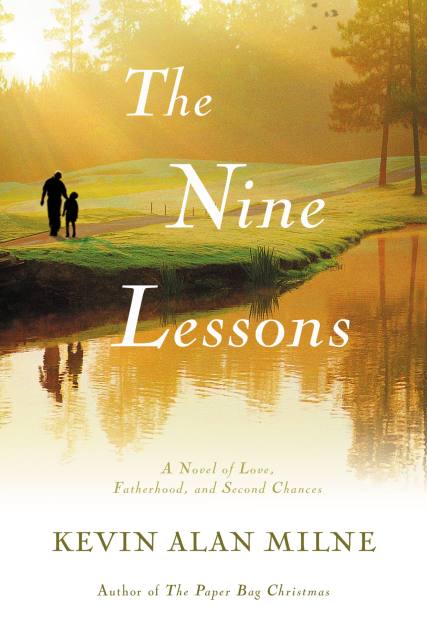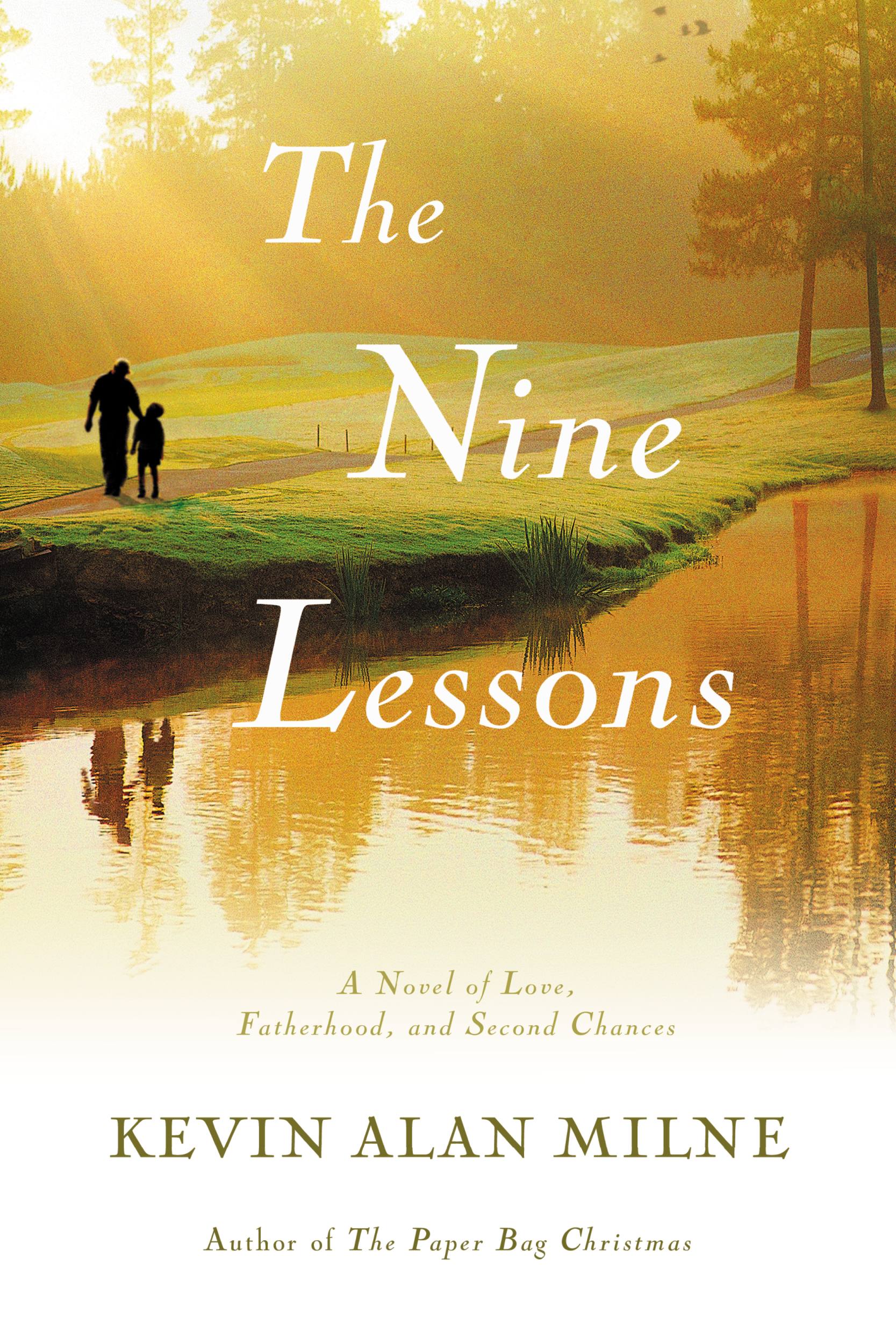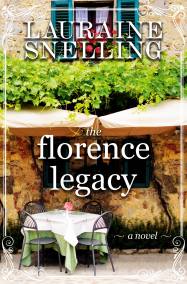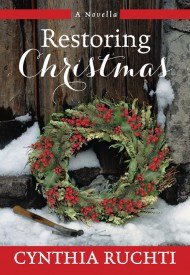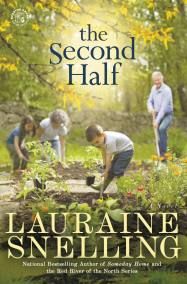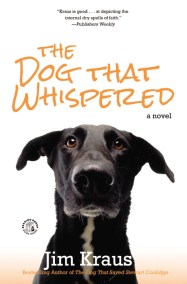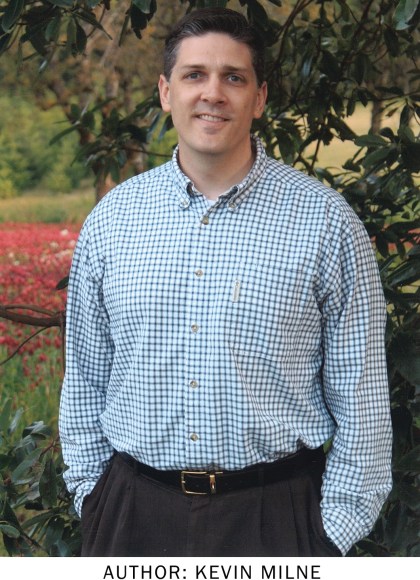Promotion
Use code MOM24 for 20% off site wide + free shipping over $45
The Nine Lessons
A Novel of Love, Fatherhood, and Second Chances
Contributors
Formats and Prices
Price
$9.99Price
$11.99 CADFormat
Format:
- ebook $9.99 $11.99 CAD
- Hardcover $35.00 $45.00 CAD
This item is a preorder. Your payment method will be charged immediately, and the product is expected to ship on or around May 6, 2009. This date is subject to change due to shipping delays beyond our control.
Also available from:
In spite of how he hates the game, when August confronts his father, he finds himself agreeing to meet each month of the pregnancy for a round of golf. In exchange, London will give him the only thing that could make August agree to pick up a club again — memories of his mother, which he has written on golf scorecards since the day he met her. But August quickly realizes that his father’s motive is not to teach him about golf, but to teach him about life — and he may discover that the old man just might know something about it worth sharing.
Genre:
- On Sale
- May 6, 2009
- Page Count
- 240 pages
- Publisher
- Center Street
- ISBN-13
- 9781599952185
Newsletter Signup
By clicking ‘Sign Up,’ I acknowledge that I have read and agree to Hachette Book Group’s Privacy Policy and Terms of Use
